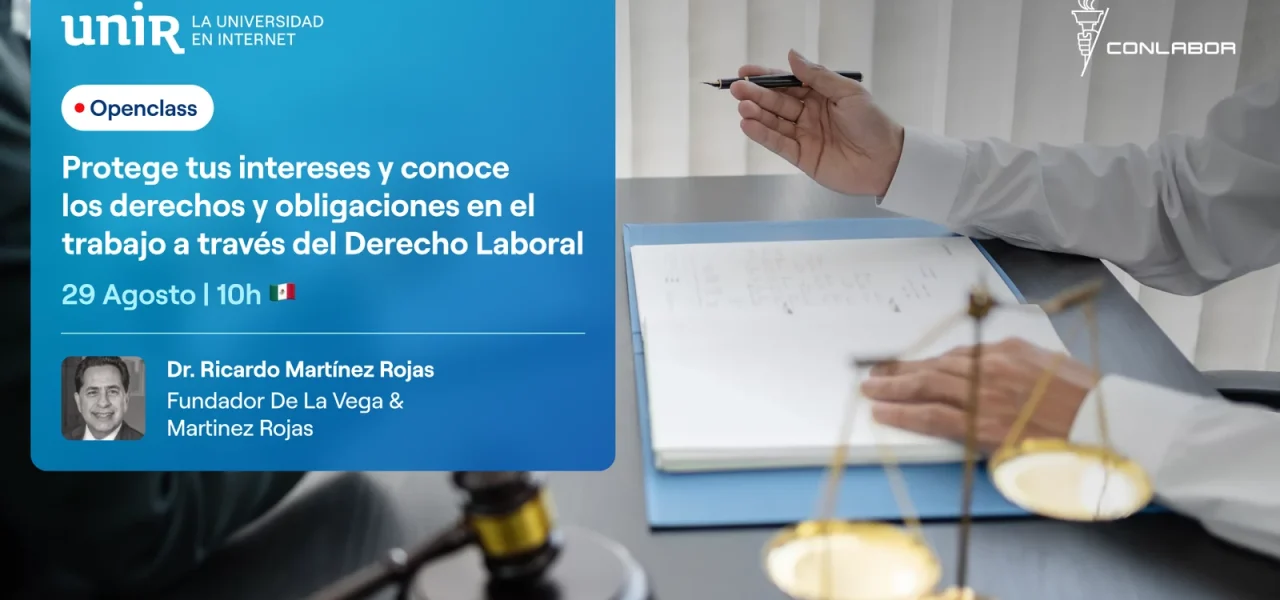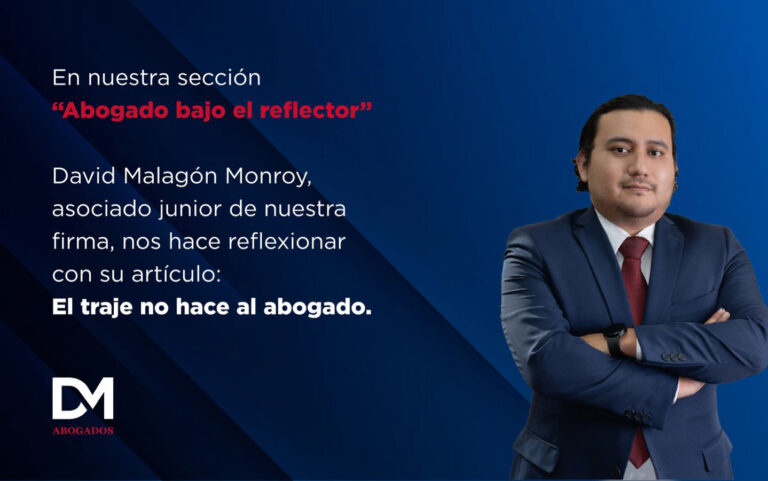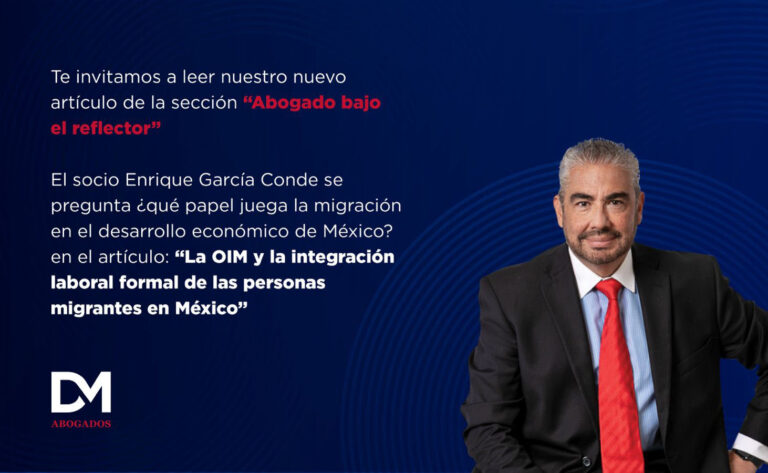“In labor matters, before the reform to the constitution, there was a great deal of flexibility for the employer to reach agreements with the unions. Now, after the amendment, the worker is the most important element, to thus be able to defend his rights.” The concept belongs to Ricardo Martínez Rojas, PhD, one of the most highly recognized experts in labor and immigration law in Mexico, founding partner of the leading Firm specializing in handling professional and immigration matters, De La Vega & Martínez Rojas S.C.
A few weeks ago, he led an openclass brought by this University to its students and to the community in general, which was broadcasted openly via streaming. The event was held to allow dozens of virtual attendees to the presentation to broaden their knowledge on labor law, focusing on the new Mexican jurisprudence.
The conference was attended mainly by students from the School of Law of this educational institution, by government agencies related to the Justice System and by legal advisors.
This initiative was made possible thanks to the alliance between the university and la National Labor Council (COLABOR), who promoted the organization of this Openclass to enable interested people to learn the details of the labor rights and obligations within the new legal framework.
The labor arena considers the establishment of relationships that are not symmetrical.
The event covered various aspects that show how the labor arena “considers the establishment of relationships that are not symmetrical”, according to Martínez Rojas. The expert identified the main issues in the professional arena in relation to Social Security, the actions of unions and their regulation as well as the judicial processes that are born from labor relationships, among others.
The collective Labor Reform
Martínez, PhD, focused a significant part of his participation in explaining to the attendees how the labor constitutional reform has modified labor in the Mexican State. “The new amendment starts under great pressure from the United States and the World Labour Organization (ILO), stating that Mexico must improve its justice and its right to collective association.
Faced with this situation, government agencies made a collective labor reform, as he explained, with the main objective of limiting the freedom of companies in order to protect the worker, who is the weakest link in the chain.

“Currently, the center of labor law has shifted and is now placed on the worker, Martínez continued. Due to the reform to the constitution, voting to elect union leaders or to make any type of modification to the collective bargaining agreement must be done, mandatorily, through free, secret, professional and direct voting.”
In regard to unions, the lawyer that was honored in 2015 as “Leading Lawyer in Mexico” by the The Líder 500 company, explained the participation of the North American country in the signature of ILO Convention 98. As a result of this agreement, the employer may not interfere in union life. Likewise, he cannot force any worker to belong or not to belong to this type of organizations. “This agreement gives a great deal of strength to unions”, said the speaker.
UNIR Openclasses are open training sessions with the foremost experts in each area. They are part of a wide range of online events offered by this university, among which we find seminars, conferences and congresses or dialogues with the leaders of various companies.




